By Jonathan P. Hicks
Photo credits: Dreamstime.com
It is one of the few countries in Africa that has no roots in the European colonization of the continent. Indeed, Liberia has one of the most unusual histories of any African country.
Starting in the 1820s, a small section on the west coast of Africa was colonized by freed African-Americans, most of them former slaves who migrated from the United States with the assistance of the American Colonization Society (the first 10 presidents of Liberia were born in the United States).
After decades of migration, Liberia was established as a republic on July 26, 1847, fashioned after the government of the United States. The capital, Monrovia, was named after James Monroe, America’s fifth president. The colonists, known as Americo-Liberians, led the political and economic sectors of the country.
The country operated with relative stability until a bloody military coup in 1980 led to the killing of President William R. Tolbert Jr. In the years that followed, Liberia spiraled into civil unrest and a 14-year civil war that left an estimated 250,000 dead while decimating the country’s economy and infrastructure.
For years, the country was run by warlord Charles Taylor. A peace agreement was reached in 2003 which was followed two years later that to democratic elections. That year, Liberia elected Ellen Johnson Sirleaf, who as president became the first female elected head of state in Africa. She was reelected last year on a platform of continued rebuilding of the country’s economy.
Since the war’s end, many Liberians who left the country have returned, many from the United States, Europe and other African countries, seeking to open businesses and to reestablish themselves.
Source: BET News

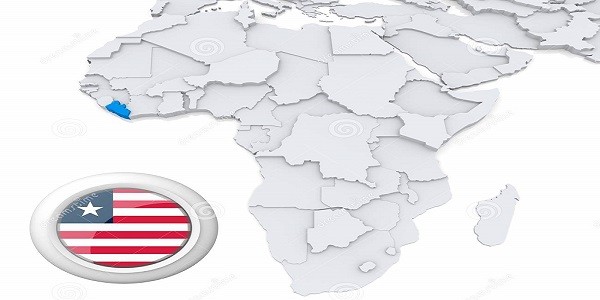



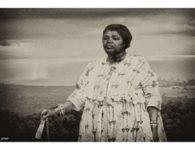

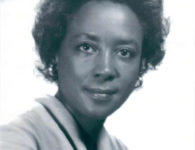
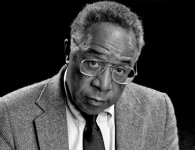
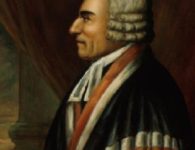


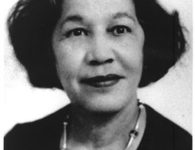

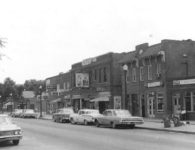

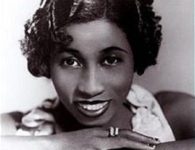
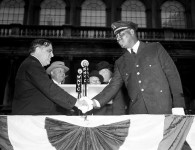

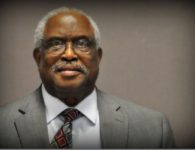

No comments